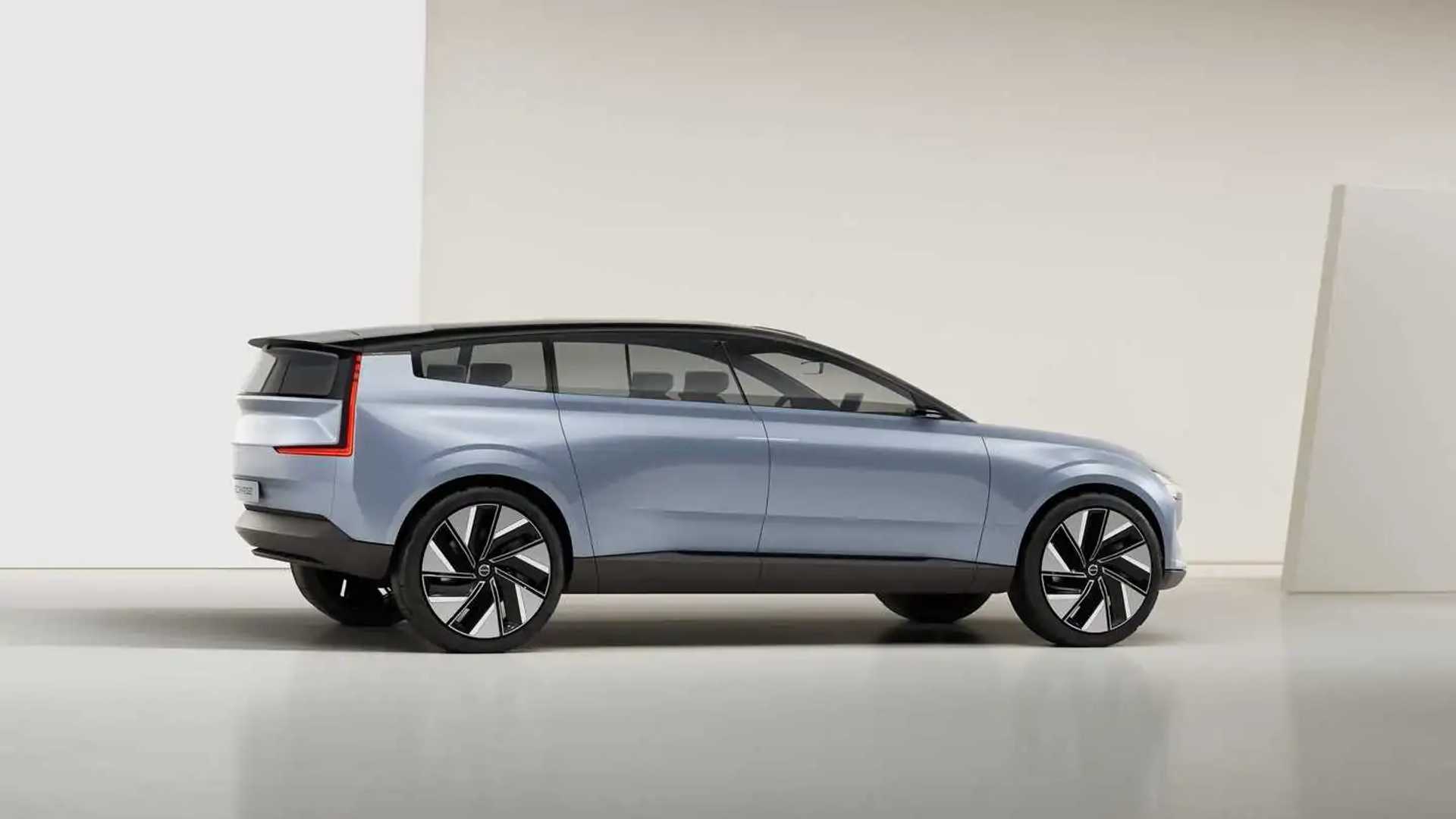Key Takeaways
- Volvo’s upcoming EX60 SUV will feature advanced battery technology and options for different chemistries, including LFP.
- The EX60 will utilize large prismatic cells, allowing for significant design and efficiency improvements.
- This model will compete against key players like Tesla’s Model Y and electric options from BMW and Mercedes-Benz.
Volvo’s Future EV Innovations
Volvo is gearing up for a significant transformation in its electric vehicle offerings with the launch of the EX60 mid-size electric SUV, set to debut in the U.S. and global markets next year. Central to this initiative is the adoption of advanced battery technology, notably lithium-iron phosphate (LFP) and other chemistries, according to Anders Bell, Volvo’s Chief Technology Officer.
While Bell did not confirm specific battery types for the EX60, he indicated that LFP batteries will be considered for the vehicle’s foundational SPA3 platform. Volvo’s main battery suppliers include China’s CATL, which produces both LFP and nickel-manganese-cobalt (NMC) batteries, and Korea’s LG Energy Solution, primarily focused on high-nickel cells.
The already available Volvo EX30 offers two battery choices in Europe: a 51-kWh LFP and a 69-kWh NMC variant, with only the latter being available in the U.S. It’s likely that Volvo will adopt a similar dual-battery strategy for the EX60, but the significant innovation lies in the adoption of prismatic cells. Bell described these large prismatic cells as offering flexibility in battery chemistry, allowing for greater efficiency in production and performance.
Prismatic cells, already gaining traction in China and among Western manufacturers like Volkswagen and General Motors, present several advantages. They promise cost efficiencies, weight reductions, and improved structural integrity for vehicles. This design shift will allow the EX60 to integrate its battery as a part of the vehicle’s structure—a cell-to-body approach—rather than an add-on, leading to optimized energy capacity within the same space.
In addition to these battery enhancements, the EX60 will be equipped with cutting-edge technology, including Nvidia’s Drive Thor computer, which boasts processing capabilities of 1,000 trillion operations per second. The vehicle will also host the third generation of Volvo’s drive units, featuring a remarkable efficiency of 93%.
Manufactured at Volvo’s main facility in Gothenburg, Sweden, the EX60 is anticipated to be a key competitor in the electric vehicle market, going head-to-head with offerings like the Tesla Model Y, BMW iX3, and the new electric Mercedes GLC. As hinted by Bell, this upcoming model is poised to become Volvo’s most significant electric vehicle yet, highlighting the brand’s commitment to innovation in the EV landscape.
The content above is a summary. For more details, see the source article.















